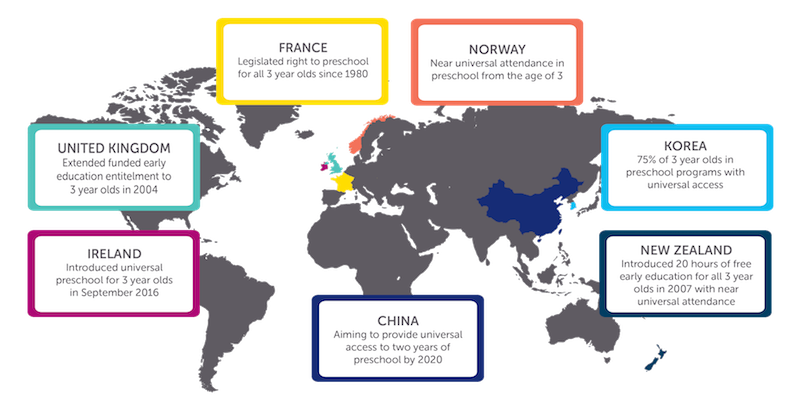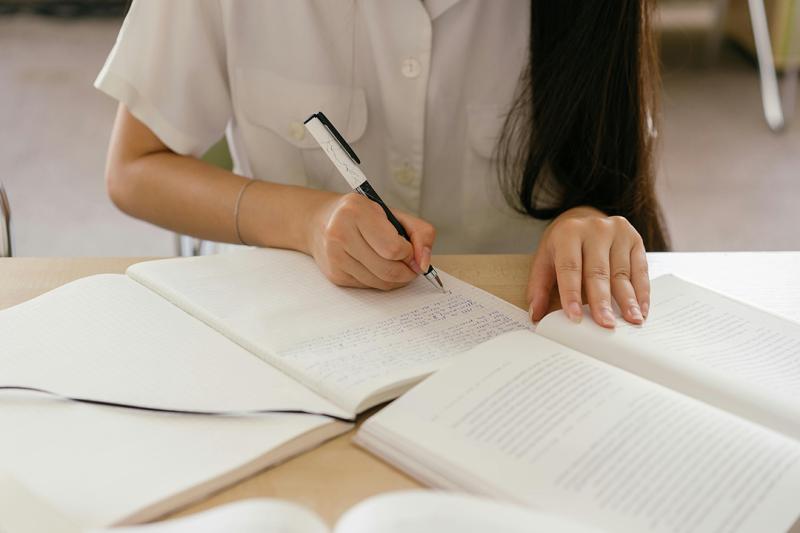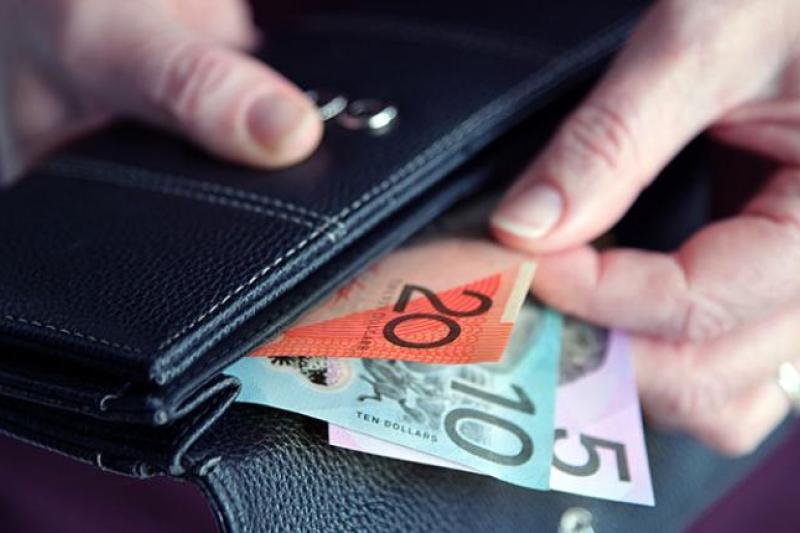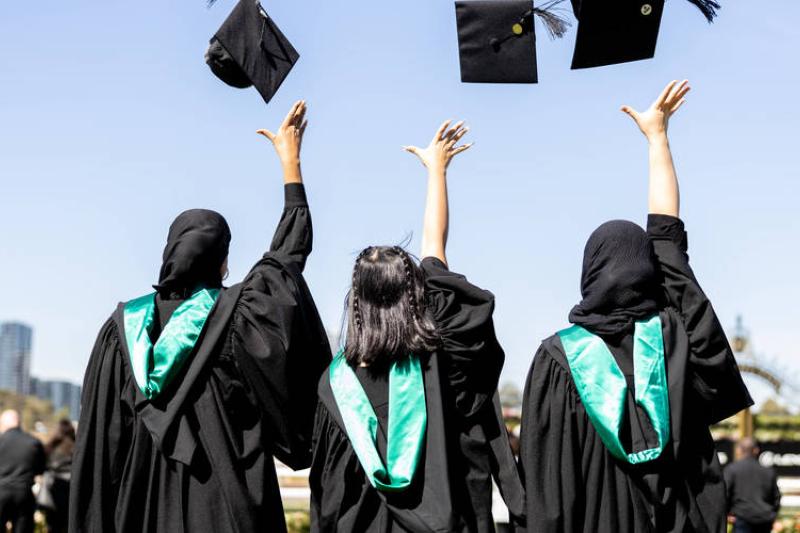International preschool programs for three year olds

Most OECD countries already offer at least two years of preschool and have very high participation rates.
Catching up with the rest of the world by offering two years of preschool is a real opportunity to boost Australia's social and economic prosperity into the future.

Infographic text alternative:
Infographic showing education for 3 year olds around the world. France: Legislated right to preschool for all 3 year olds since 1980. Norway: Near universal attendance in preschool from the age of 3. Korea: 75% of 3 year olds in preschool programs with universal access. New Zealand: Introduced 20 hours of free early education for all 3 year olds in 2007 with near universal attendance. China: Aiming to provide universal access to two years of preschool by 2020. Ireland: Introduced universal preschool for 3 year olds in September 2016. United Kingdom: Extended funded early education entitlement to 3 year olds in 2004.
Our English-speaking peer countries have been ramping up access to preschool for 3 and 4 year olds
- The United Kingdom expanded funded early education to 3 year olds in 2004. There is near-universal attendance for 3 year olds in part-time preschool programs.
- New Zealand introduced 20 hours of free early education for all 3 year olds in 2007 and have near universal attendance.
- In Ireland universal free preschool for 3 year olds came into effect from September 2016.
Many European nations have been providing two years of preschool for decades
- Norway has near universal attendance in preschool from age 3 and for around 30 hours per week.
- France has a long-standing universal preschool platform for all children aged 3-6. Since 1980, all 3 year olds have had a legislated right to an early education place, and attendance is near-universal.
Global education innovators are rapidly expanding access to early education
- China currently has two thirds of children in preschool programs and is aiming to provide universal access to two years of preschool by 2020, with early childhood education being a key component of China’s strategy for lifting human capital.
- Korea currently has nearly 75 per cent of 3 year olds in preschool programs. All 3 year olds receive a subsidy to attend early education.
Universal access to two years of preschool lifts academic achievement
In international benchmarking tests like PISA, students who have attended at least two years of preschool achieve much higher scores.
An additional year of preschool is an affordable and achievable strategy that can lift the lifetime outcomes of all children and make a real contribution to the Australian economy of the future.
Fact sheets in this series
- An additional year of preschool - an achievable reform
- Designing a preschool program
- Preschool programs for 3 year olds
- International preschool programs for 3 year olds
- Kindergarten programs in Queensland
- Kindergarten programs in Tasmania
- Kindergarten programs in Victoria
- Kindergarten programs in Western Australia
- The impact of two years of preschool
- Two years are better than one
- Preschool programs in the Northern Territory
- Preschool programs in New South Wales
- Preschool programs in South Australia
- Preschool programs in the ACT.



